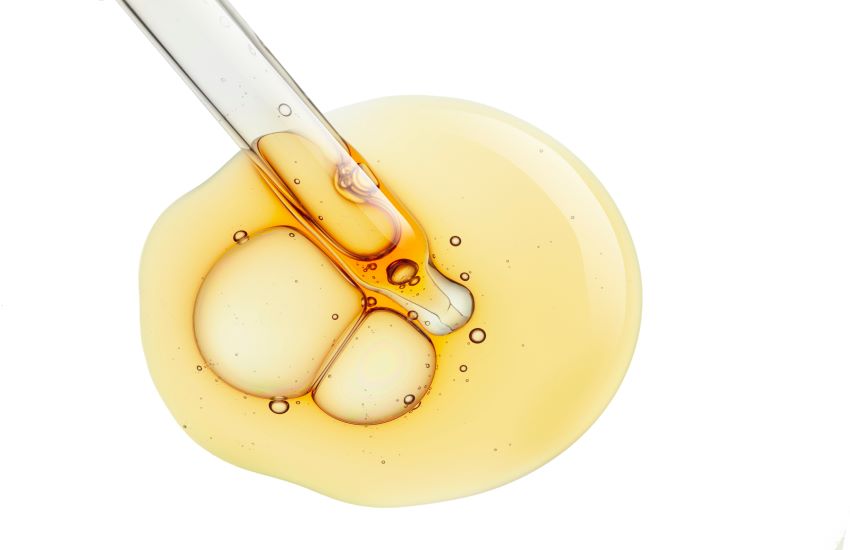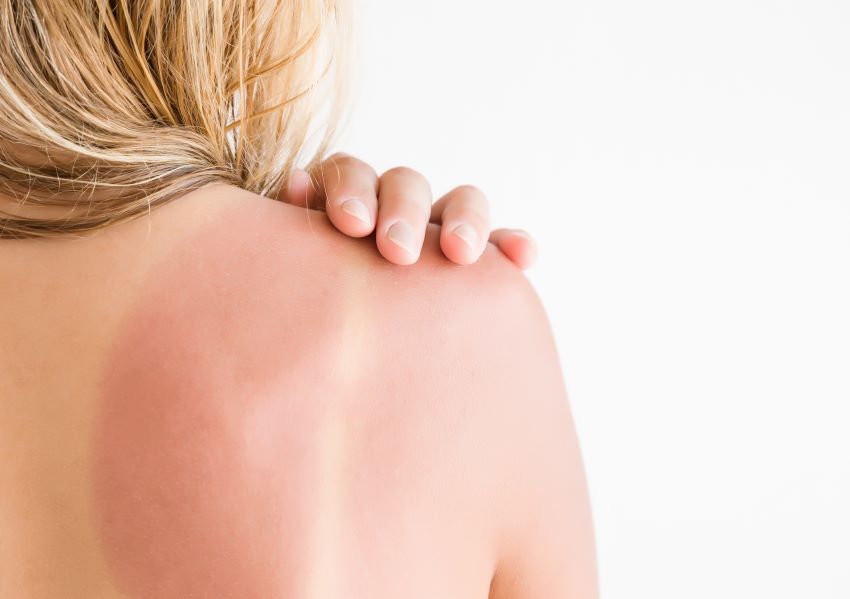Teenage skin can be super sensitive and need some ultra care, since puberty hits right around that age. Teenage skin…

 Healthy Skin
Healthy Skin
Can Your Diet Affect Psoriasis Symptoms?
What is Psoriasis? Psoriasis is a chronic inflammatory disease. It usually results in skin building up into bumpy red patches on certain areas of the skin. The most common areas of psoriasis flare-ups are: elbows, knees, and lower back. While psoriasis cannot be passed from person to person, it is hereditary.
Although there is no cure, there are some ways to psoriasis to reduce flare-ups as much as possible. Most treatments include psoriasis medications, topical products like creams, oils, and acids. Doctors and experts at pharmacies that specializes in eczema are also looking at how your diet can affect psoriasis and if there are certain foods that can help diminish symptoms.
When eating a Standard American Diet patients report higher levels of psoriasis flare-ups and other skin conditions including acne and eczema. The Standard American Diet includes high intakes of red meat, processed meat, pre-packaged foods, butter, candy and sweets, fried foods, high-fat dairy products, eggs, refined grains, and high-fructose corn syrup.
Researchers have conducted different studies and found that while there is no exact diet to follow, there are some definite foods to either include or avoid in your diet. One study conducted in 2017 by researchers at the University of California-San Francisco surveyed over 1,200 psoriasis patients about their dietary habits and skin responses.
Here are some dietary tips found from the study to help you reduce psoriasis symptoms!
Reduce Alcohol Intake.
Over 53% of respondents who reduced alcohol from their diet reported improvement and some had even full clearance of psoriasis.
Avoid gluten and nightshades.
We all know that gluten is a controversial topic, but this protein can cause inflammation and flare-ups in those who struggle with psoriasis. In the study, 53.4% of patients who reduced gluten in their diets saw a significant improvement in symptoms.
In addition to gluten, reducing nightshades also proved to be successful in the reducing of flare-ups. Nightshades are a family of vegetables that contain an alkaloid called solanine which can be inflammatory in lower concentrations, and even toxic in high concentrations. Nightshades that are commonly consumed are: white potatoes, tomatoes, eggplant, bell peppers, cayenne pepper, and paprika. 52.1% of patients who removed nightshades in their diet saw skin improvement in this study.
Add in supplements
Adding in fish oils, omega-3s, vitamin D, and more vegetables all showed to improve psoriasis symptoms by at least 40%. Oily fish, and nuts are great food sources for omega-3s and an oral supplement of vitamin D can be found at most local pharmacies!
Avoid trigger foods
Trigger foods that can cause flare-ups differ from person to person, however some of the most common are: red meat, dairy, processed foods, nightshades, and alcohol
Consider specific lifestyle diets.
Patients in the study who reported the highest levels of favorable skin response were on three different diets. Those following the pagano, vegan, and paleo diets all found reduction of symptoms by at least 68%.
The Pagano diet was developed specifically for psoriasis patients and includes eating high amounts of fruit and vegetables while limiting grains, meat, seafood, dairy, and eggs. Also, the diet completely avoids red meat, nightshades, citrus, and overly processed foods.
A vegan diet is made up of only plant-based foods. No meat, dairy, eggs, or seafood is consumed on this diet.
A paleo diet includes meat, fish, eggs, vegetables, fruits, nuts, seeds, spices, healthy fats and oils. This diet avoids sugar, grains, dairy, legumes, and vegetable oils.
Overall, there are many ways to treat and reduce psoriasis flare-ups. By altering your diet, it may help to improve symptoms of the condition. There are many different diets to try and food groups to avoid mentioned above that have proven to help reduce the amount and severity of flare-ups. Lastly, before making any changes consult your physician or a nutritionist for information on how you can change your personal diet to help your psoriasis.
Sources
- Dietary Behaviors in Psoriasis: Patient-Reported Outcomes from a U.S. National Survey - NCBI
This blog is based on research and/or other scientific articles and is written by our experienced Chief Strategy Officer and Pharmacist, Ronak Desai. This blog is fact checked by our educated Pharmacist in Charge, Darshan Patel, who additionally runs our Apotheco Manhattan location.
Here at Apotheco Pharmacy Group, our goal is to provide the most up to date and accurate information on health and dermatology related topics. We do this to ensure our readers can make informed decisions based on factual content. All blogs undergo an extensive review process before posted.
This blog contains trusted sources. All sources are listed at the bottom of this article with hyperlinks that take you directly to the source.





